Freedom in art, freedom in society, this is the double goal towards which all consistent and logical minds must strive
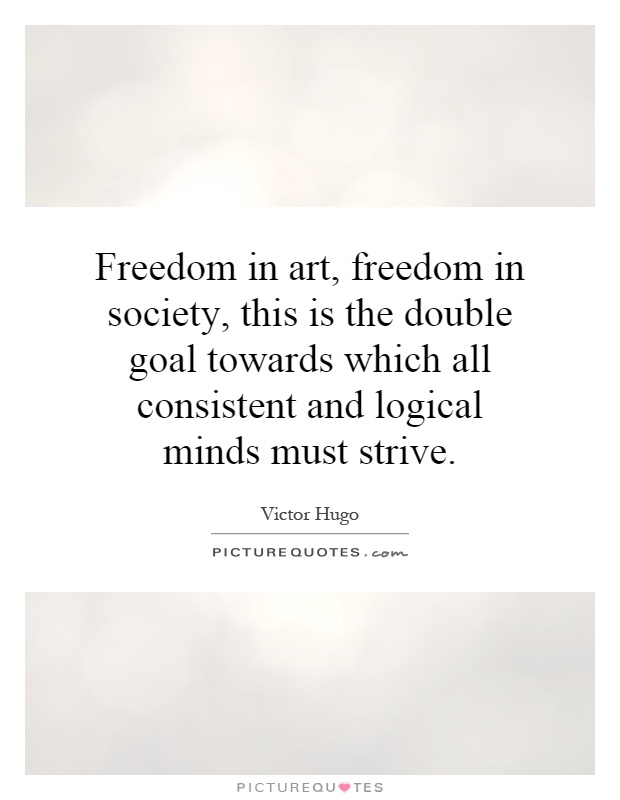
Freedom in art, freedom in society, this is the double goal towards which all consistent and logical minds must strive
Victor Hugo, the renowned French writer, poet, and playwright, was a firm believer in the power of art to shape society and promote freedom. His quote, “Freedom in art, freedom in society, this is the double goal towards which all consistent and logical minds must strive,” encapsulates his belief that art and society are interconnected and that true freedom can only be achieved when both are allowed to flourish.Hugo believed that art had the ability to challenge societal norms and inspire change. He saw art as a means of expressing the human experience and shedding light on the injustices and inequalities that existed in society. Through his writing, Hugo often tackled themes of social justice, political corruption, and the plight of the marginalized. His works, such as "Les Misérables" and "The Hunchback of Notre-Dame," are powerful examples of how art can be used to advocate for freedom and equality.
For Hugo, freedom in art meant the ability to create without censorship or restriction. He believed that artists should be free to explore their creativity and push boundaries without fear of reprisal. This freedom, he argued, was essential for the growth and development of society as a whole. By allowing artists to express themselves freely, society could benefit from new ideas, perspectives, and ways of thinking.
Similarly, Hugo believed that freedom in society was crucial for the well-being of its citizens. He was a staunch advocate for democracy, human rights, and social reform. He believed that a just and equitable society was one in which all individuals were free to pursue their dreams and live without fear of oppression or discrimination.
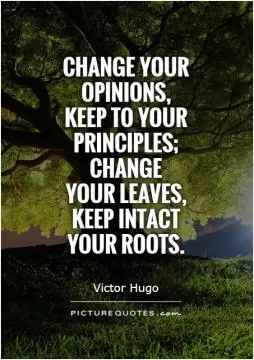
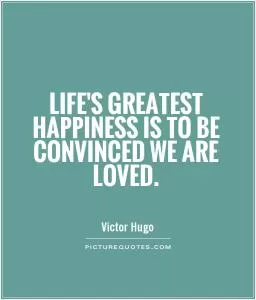
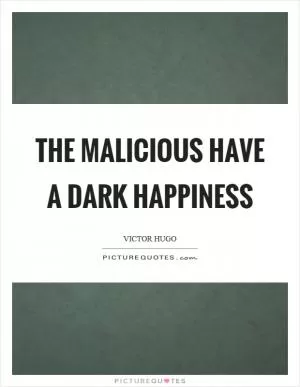
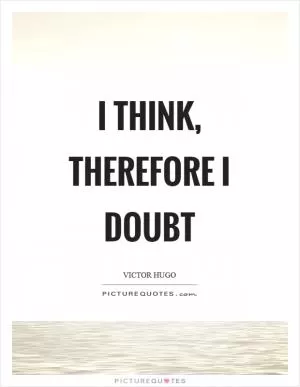
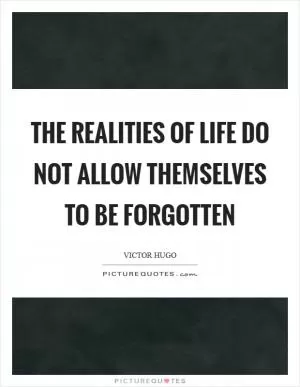
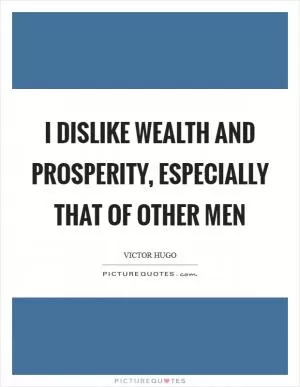
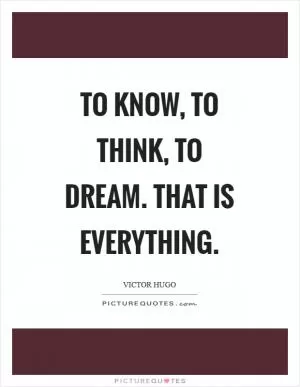
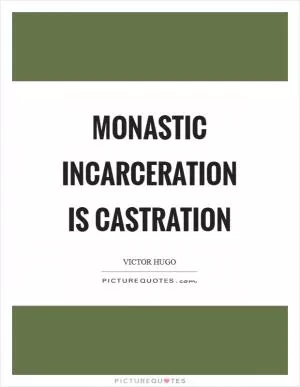
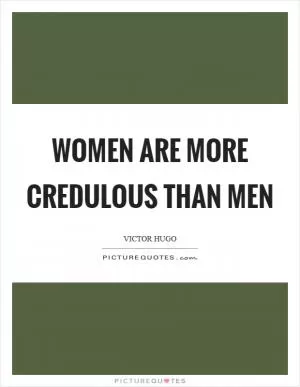
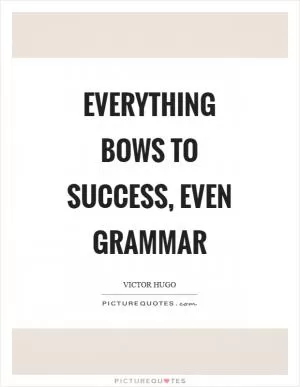
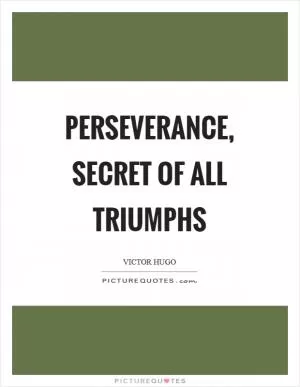
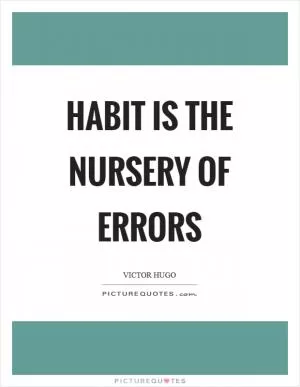
 Friendship Quotes
Friendship Quotes Love Quotes
Love Quotes Life Quotes
Life Quotes Funny Quotes
Funny Quotes Motivational Quotes
Motivational Quotes Inspirational Quotes
Inspirational Quotes